Living legend Serena Williams will not be defending her Australian Open title this month. Although she originally intended to play just five months after the arrival of her first child, Alexis Olympia, Williams endured near-fatal complications after giving birth that slowed her recovery.
In September, Williams gave birth to her daughter via emergency C-section after the baby’s heart rate dropped to a dangerously low level. The surgery went perfectly, and Williams was over the moon with her new addition. “That was an amazing feeling,” Serena told Vogue. “And then everything went bad.”
The next day, while resting in bed, Williams felt short of breath and immediately knew what the problem was: embolisms. In 2003, after a slip on broken glass at a restaurant in Munich, Germany, Williams developed several life-threatening blood clots in her leg. Since then, Williams has been on a strict regimen of blood thinners, but she stopped taking them due to the C-section.
Williams immediately hopped out of bed and told a nurse that she needed an IV of blood thinners and a CT scan right away. Unsure whether Williams was having a negative reaction to her pain medication or a serious problem, her doctor did an ultrasound on her legs and found nothing. Her doctor then ordered a CT scan and found several small blood clots in her lungs. “I was like, listen to Dr. Williams,” she told Vogue.
The intense coughing caused by the embolisms in her lungs caused Williams to rip open her C-section incision. When Williams went back into surgery, doctors then found a large hematoma had flooded her abdomen. The hemorrhaging was caused by the lifesaving blood thinners she took to fight the embolism.
Now that Williams’ health scare is behind her, she wants to get back on the court to win at least two more Grand Slam titles. Currently, Williams has 23 — one more would surpass the record held by Australian legend Margaret Court. “To be honest, there’s something really attractive about the idea of moving to San Francisco [with her husband-to-be, Reddit co-founder Alexis Ohanian] and just being a mom,” Williams said. “But not yet. Maybe this goes without saying, but it needs to be said in a powerful way: I absolutely want more Grand Slams.”






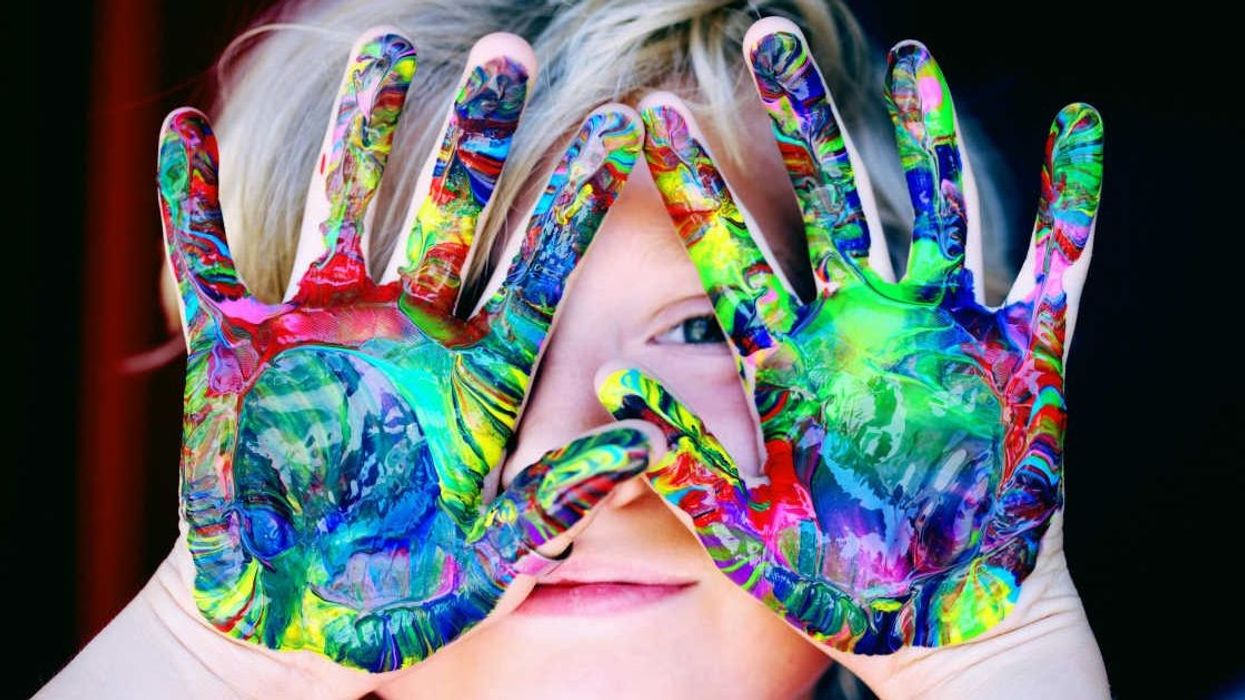

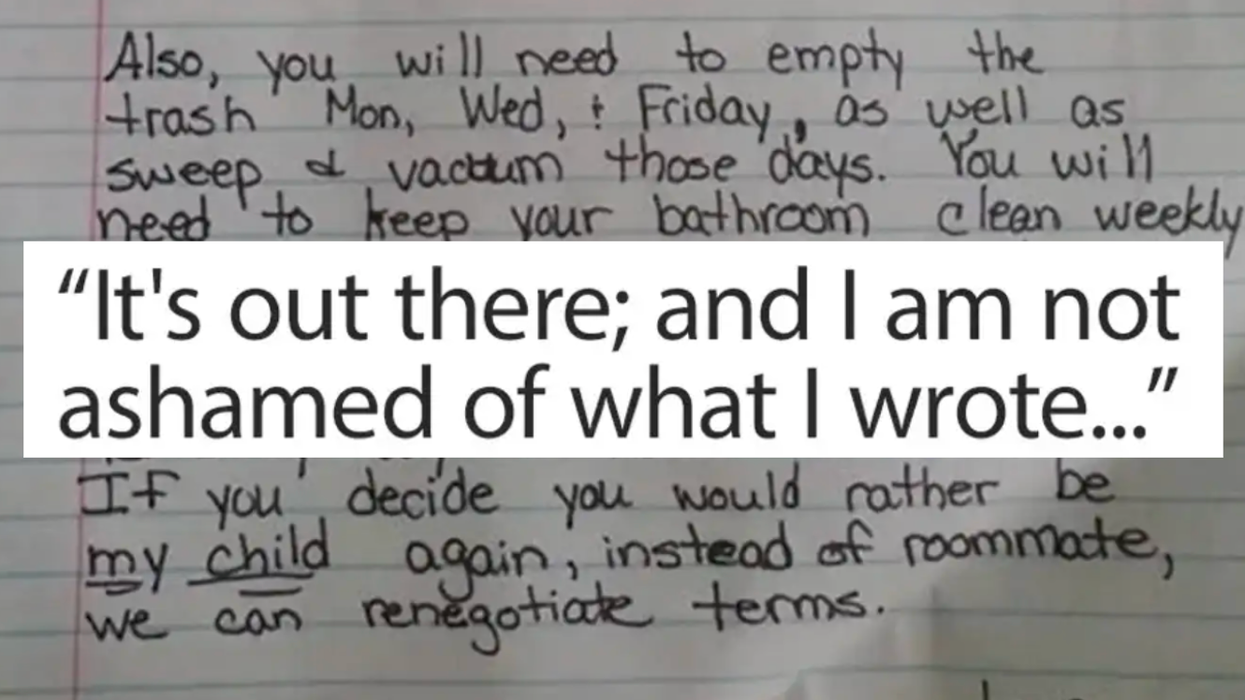
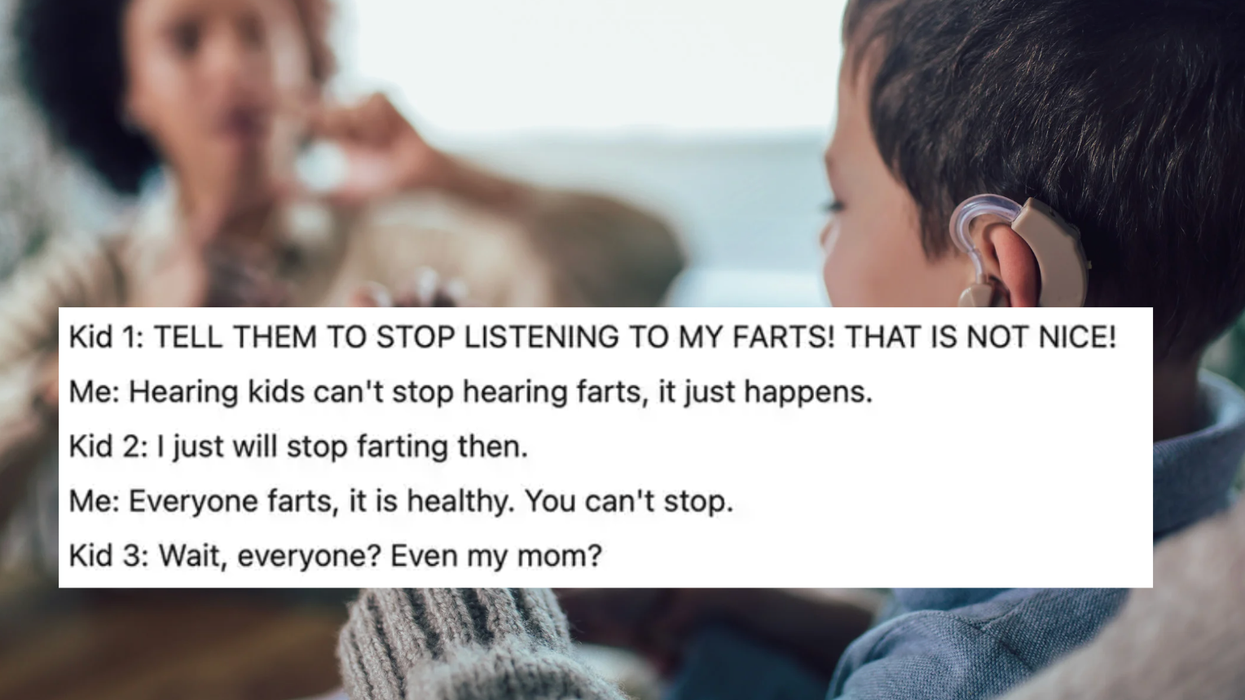







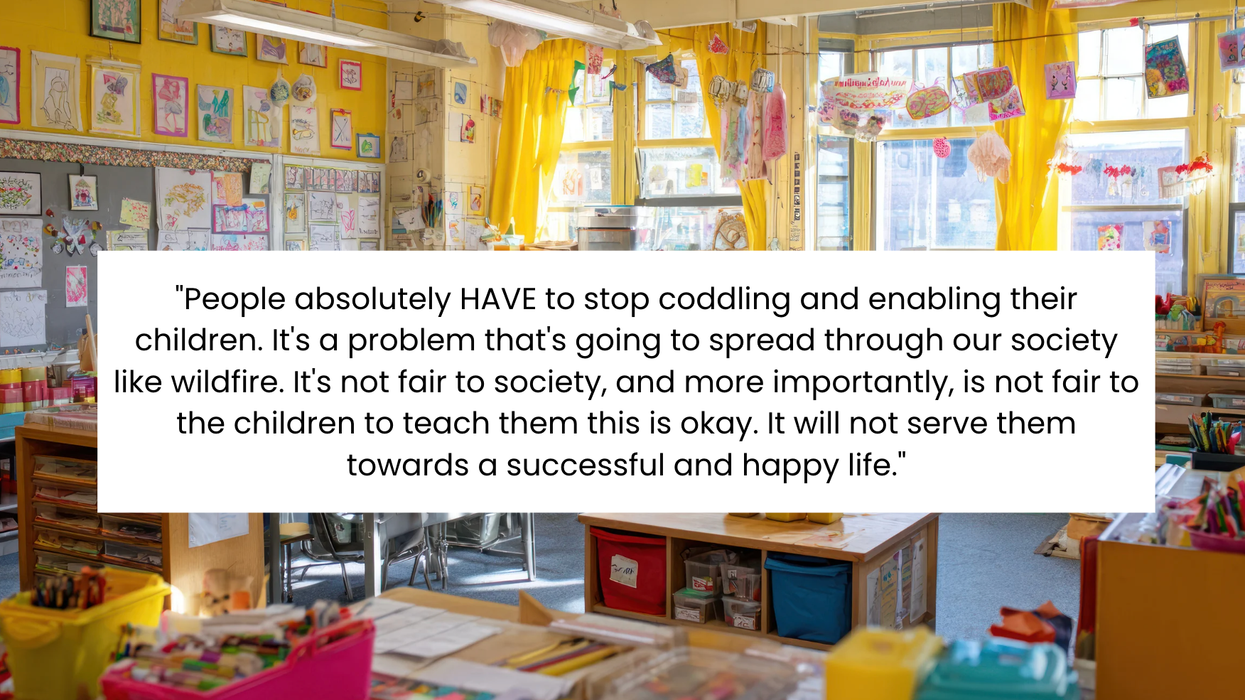
 A real estate agent talks with a young coupleCanva
A real estate agent talks with a young coupleCanva A frustrated school teacher takes a breakCanva
A frustrated school teacher takes a breakCanva A young girl plays around in her messy roomCanva
A young girl plays around in her messy roomCanva
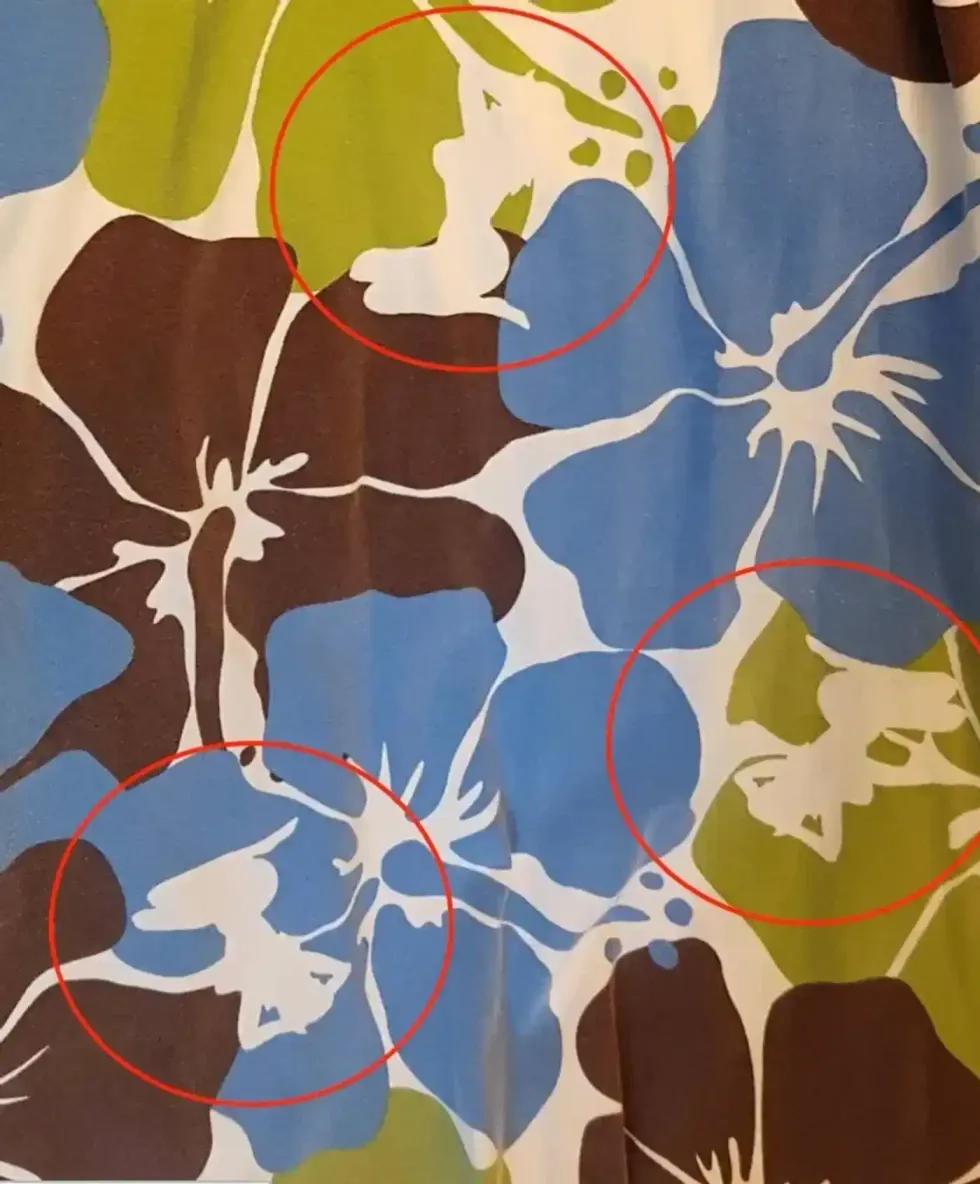 Image of the floral dress with the risque images circled
Image of the floral dress with the risque images circled 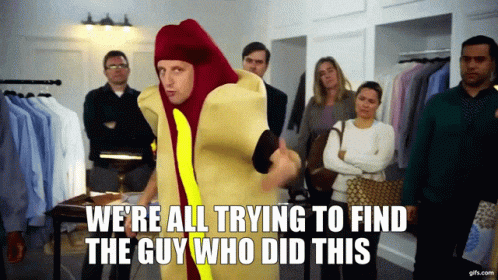 Gif of Tim Robinson via
Gif of Tim Robinson via 
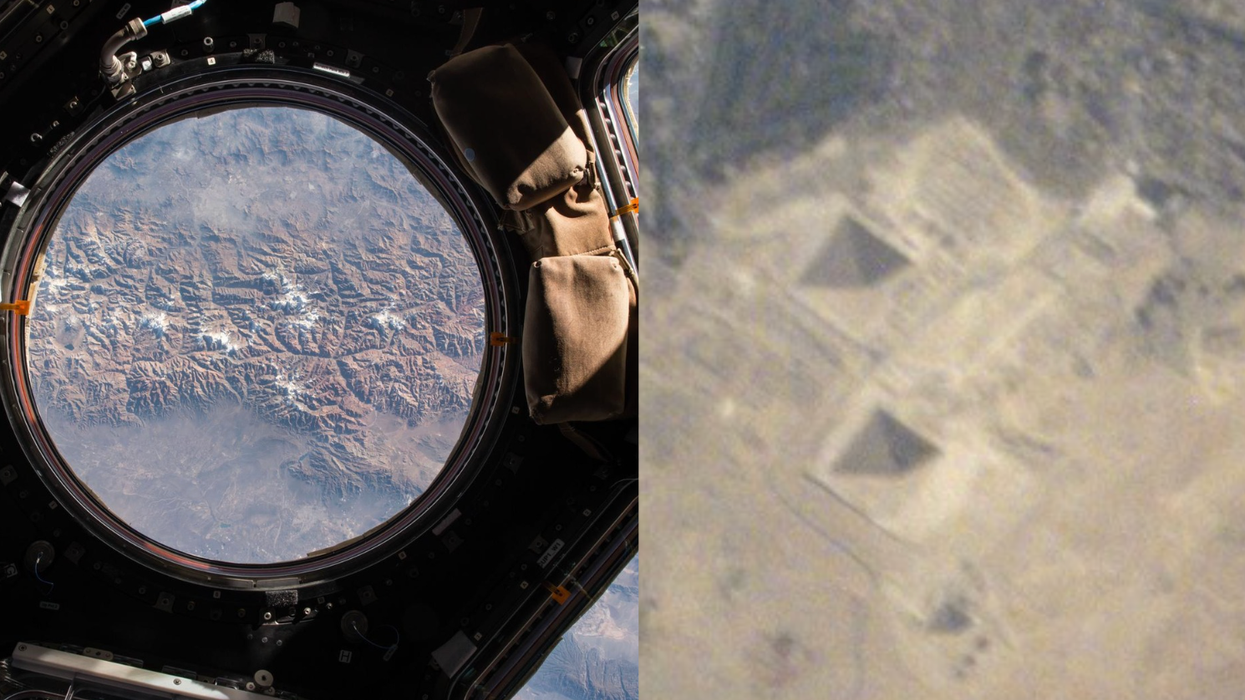
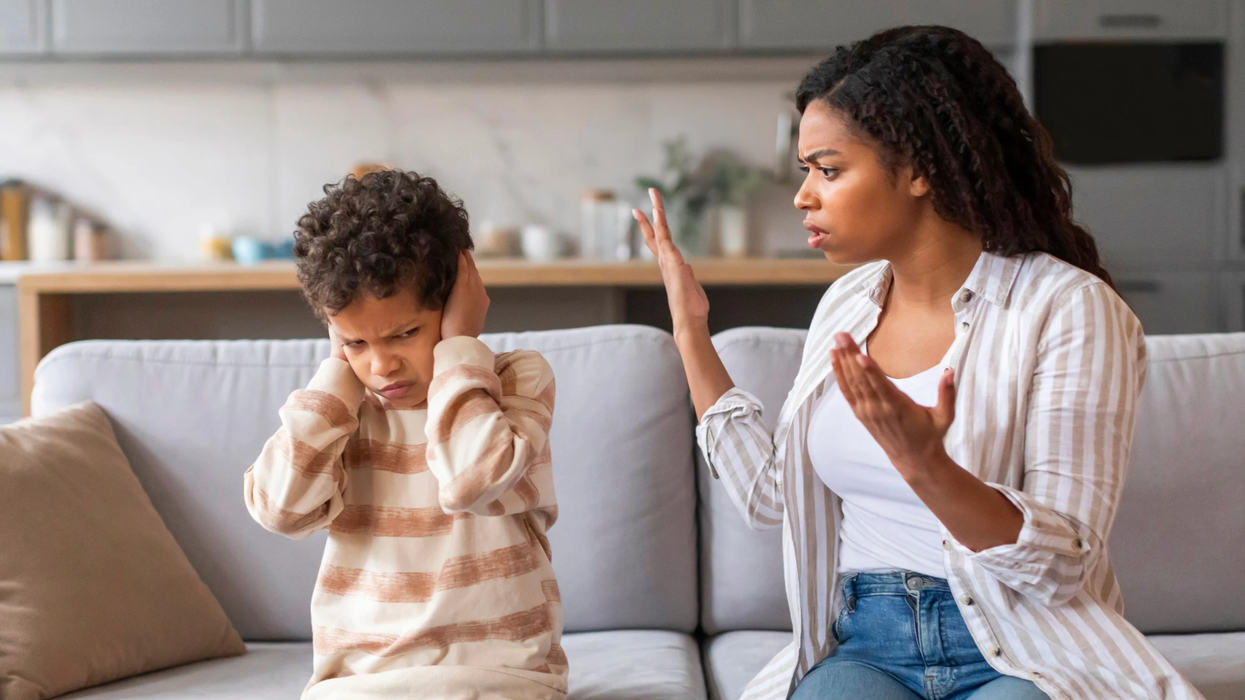
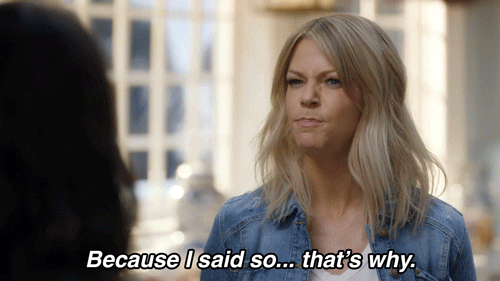 Gif of Kaitlin Olson saying "Because I said so ... that's why" via
Gif of Kaitlin Olson saying "Because I said so ... that's why" via 

 A hand holds several lottery ticketsCanva
A hand holds several lottery ticketsCanva "Simpsons" gif of newscaster winning the lotto via
"Simpsons" gif of newscaster winning the lotto via